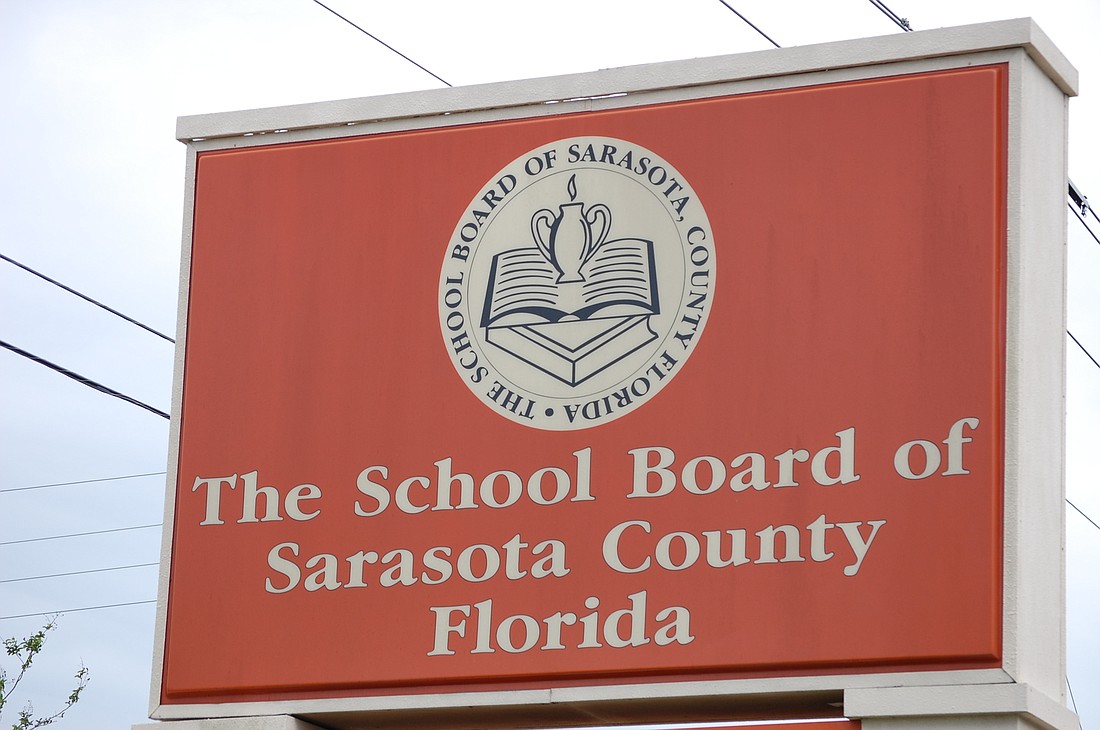- November 22, 2024
-
-
Loading

Loading

The Sarasota County School District is feeling the impact of a showdown between the Florida House and Senate in Tallahassee.
The district is proceeding with internal budgeting and staff hiring but could face delays when it comes to confirming final revenue numbers.
Deputy Chief Financial Officer Al Weidner told the school board at its monthly workshop Tuesday he received school department budgets earlier this month, and he plans to bring those budgets to the board for consideration.
The board will keep the budget status quo until revenue numbers come in from the state. The state budget determines how much money school districts will receive. However, the Florida House and Senate have not yet compromised on expanding Medicaid to uninsured residents.
Weidner said he wouldn’t be surprised if a compromise wasn’t reached until June, and he expects the state might go into special session.
“This year will be one for the record,” he said, recalling a time in the 1990s when the state’s budget was similarly delayed. “We’re in a situation of a lot of uncertainty.”
As the school district maintains the budget status quo for now, the district faces approximately 500 additional incoming students for the 2015-2016 school year and will need 52 additional full-time staff members to maintain state-mandated class sizes.
For education, both chambers have proposed lower funding than Gov. Rick Scott’s original recommendation, which was released in March. The governor recommended funding $7,175.33 per student; the House, $7,129.74, and the Senate, $7,122.83.
Both the House and Senate budgets will result in lower take-home pay for teachers in the upcoming fiscal year compared to the current year.
In the 2014-15 year, the district gave employees a one-time 2.5% performance supplement of their salary. However, the revenue recommendations from the state would not leave enough to repeat the payment.
“From the employee’s perspective, it’s less than what they got this year,” Weidner said.
Weidner pointed out one positive: With the voter-referendum devoted millage for the district’s operating budget, he can continue planning the budget for the upcoming staffing vacancies. By the end of the 2014-15 school year, the district could have more than 100 vacant positions due to retirement and turnover. The board told district staff at its March budget workshop to prioritize the staffing concerns.
“With us moving forward, we’ll be out there in late May ready to hire for our vacancies,” Weidner said.
The devoted millage, which equals 1 mill, went into effect in 2002 and has been renewed by voters every four years since. One mill equals $100 for every $100,000 of assessed property value.